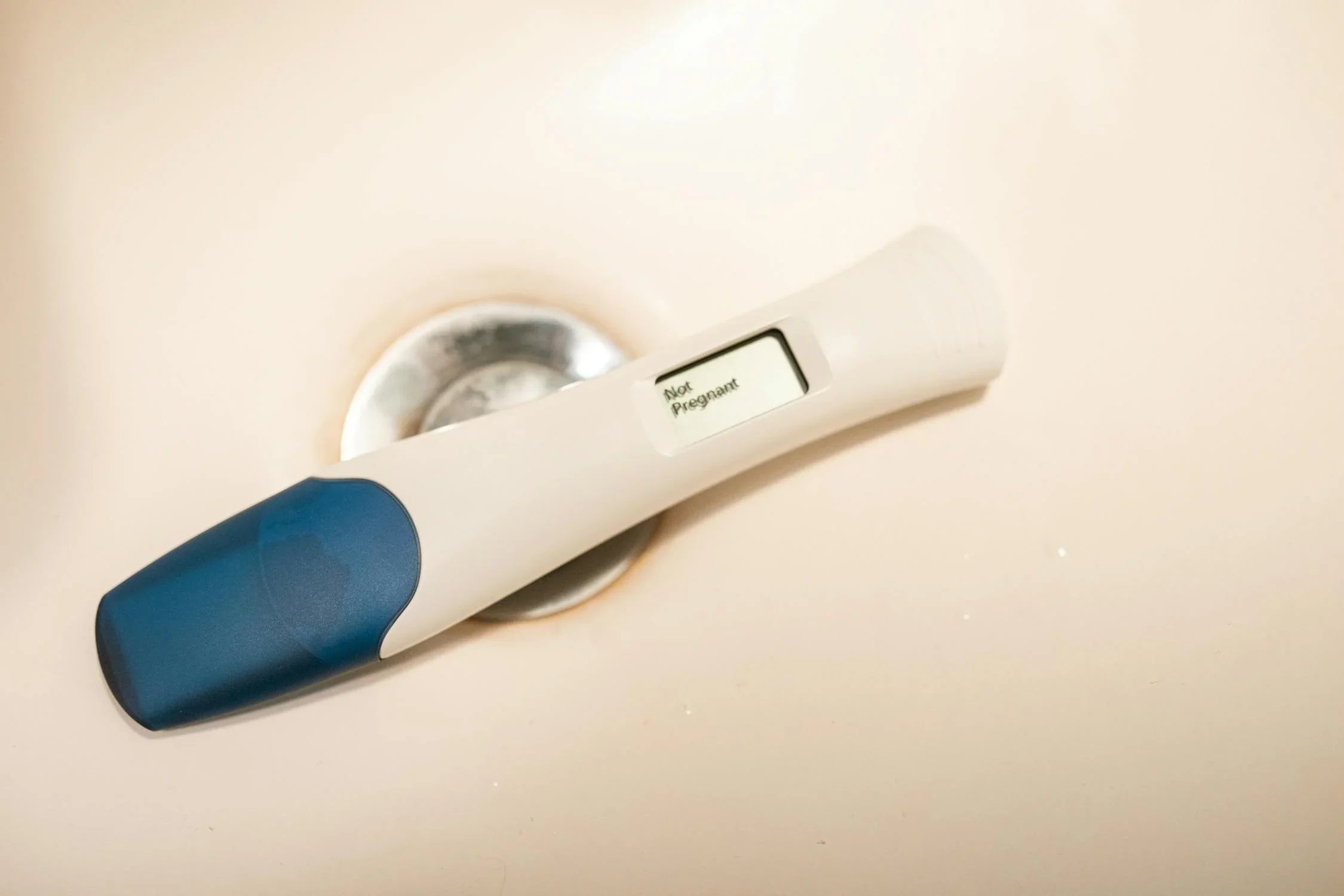Accueil
Pregnancy, Breastfeeding, and Pumping: The Ultimate Guide for Moms
Could You Have a False Positive Pregnancy Test?

Could You Have a False Positive Pregnancy Test?
Could you have a false positive pregnancy test? The answer is yes, and it can be a confusing and emotional experience. Pregnancy tests are designed to detect the presence of human chorionic gonadotropin (hCG), a hormone produced during pregnancy. However, certain factors can lead to inaccurate results, including false positives. Understanding why this happens and what to do next is essential for anyone navigating this situation.
How Pregnancy Tests Work
Pregnancy tests, whether urine-based or blood tests, rely on detecting hCG levels in the body. After a fertilized egg attaches to the uterine lining, the placenta begins producing hCG. This hormone doubles every 48 to 72 hours in early pregnancy, making it a reliable marker for pregnancy. Most home pregnancy tests claim to be over 99% accurate when used correctly, but no test is infallible.
Common Causes of False Positive Pregnancy Tests
Several factors can lead to a false positive pregnancy test. Here are some of the most common causes:
Chemical Pregnancy
A chemical pregnancy occurs when a fertilized egg fails to implant properly or is lost shortly after implantation. This can result in a brief rise in hCG levels, which a pregnancy test may detect. However, the pregnancy does not progress, and hCG levels drop quickly, often before a missed period.
Medications Containing hCG
Certain fertility treatments and medications contain hCG to stimulate ovulation. If you are undergoing fertility treatments, residual hCG in your system can lead to a false positive result. Always inform your healthcare provider about any medications you are taking when interpreting test results.
Evaporation Lines
Evaporation lines can appear on pregnancy tests if the test is read after the recommended time frame. These lines may resemble a positive result but are actually caused by the evaporation of urine on the test strip. Always follow the instructions carefully and read the test within the specified time.
Recent Miscarriage or Abortion
After a miscarriage or abortion, hCG levels can remain elevated for several weeks. Taking a pregnancy test during this time can result in a false positive. It is important to wait until hCG levels return to baseline before testing again.
Medical Conditions
Certain medical conditions, such as ovarian cysts, kidney disease, or rare hormonal disorders, can cause elevated hCG levels. If you suspect a medical condition is affecting your test results, consult a healthcare professional for further evaluation.
How to Confirm a False Positive
If you receive a positive pregnancy test result but suspect it may be false, there are steps you can take to confirm:
Retest with a New Kit
Wait a few days and take another pregnancy test using a new kit. This can help rule out errors such as evaporation lines or faulty test strips. If the second test is negative, the first result may have been a false positive.
Visit a Healthcare Provider
A blood test administered by a healthcare provider can measure hCG levels more accurately than a home pregnancy test. Your provider can also perform an ultrasound to confirm the presence of a pregnancy.
Monitor Symptoms
Pay attention to any pregnancy symptoms, such as nausea, fatigue, or breast tenderness. While these symptoms can be caused by other factors, their presence or absence can provide additional clues about your situation.
Emotional Impact of False Positives
Receiving a false positive pregnancy test can be emotionally challenging, especially for those trying to conceive or those who are not ready for pregnancy. It is important to acknowledge your feelings and seek support from loved ones or a counselor if needed. Remember that false positives are not uncommon, and they do not reflect your ability to conceive in the future.
Preventing False Positives
While it is impossible to eliminate the risk of false positives entirely, there are steps you can take to minimize the likelihood:
Follow Test Instructions Carefully
Always read and follow the instructions provided with your pregnancy test. This includes using the test at the right time of day, reading the results within the recommended time frame, and storing the test properly.
Use High-Quality Tests
Choose pregnancy tests from reputable manufacturers to reduce the risk of errors. While no test is perfect, high-quality tests are less likely to produce false positives.
Consult a Healthcare Provider
If you are unsure about your test results or have concerns about your reproductive health, consult a healthcare provider. They can provide guidance and perform additional tests to confirm your results.
When to Seek Medical Advice
If you continue to receive conflicting results or experience unusual symptoms, it is important to seek medical advice. A healthcare provider can help identify the underlying cause of your test results and recommend appropriate next steps.
Could you have a false positive pregnancy test? Absolutely. While it can be a disorienting experience, understanding the causes and knowing how to confirm your results can help you navigate this situation with confidence. Whether you are trying to conceive or not, staying informed and seeking professional guidance is key to ensuring accurate results and peace of mind.
Partager
